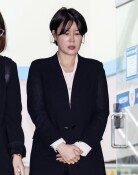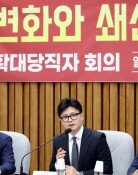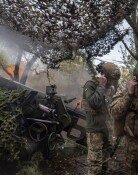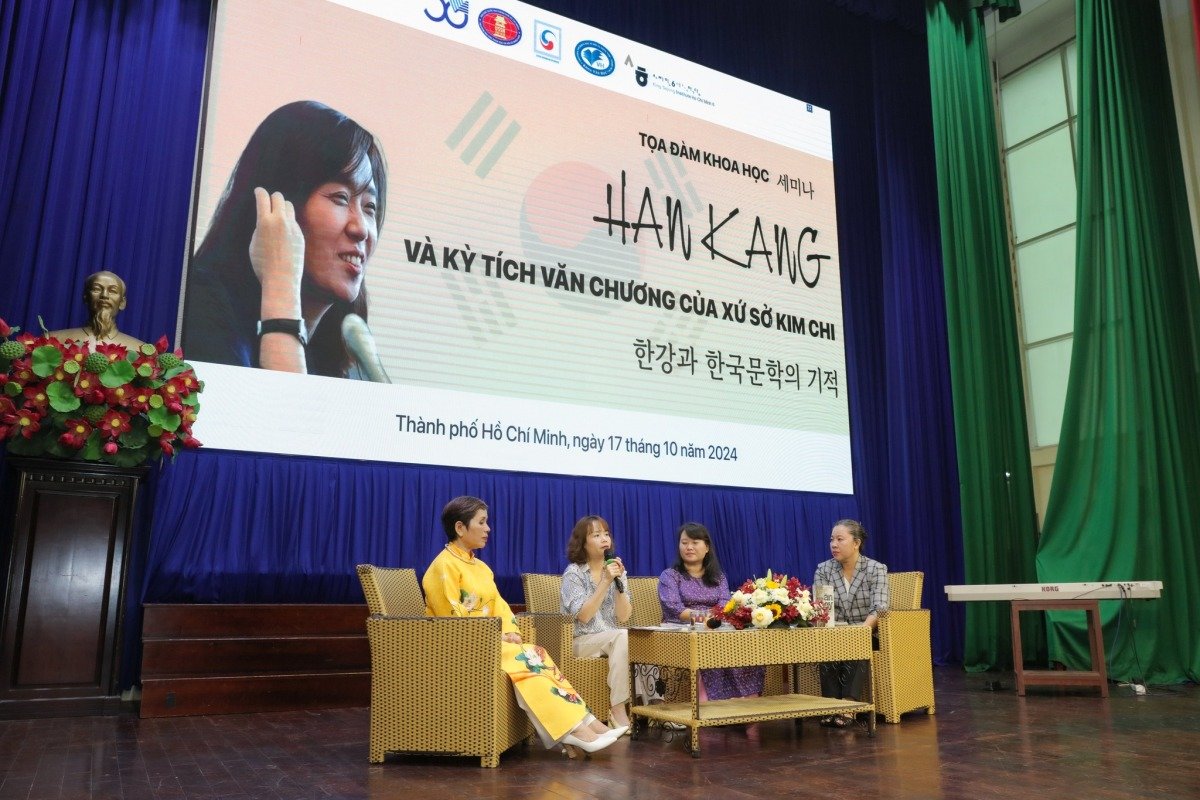Outlook for Bush`s policy on Korea

As new faces of the foreign policy and security team for the incoming President George W. Bush emerge, the direction of the policy of the Republican administration toward the Korean peninsula and North Korea in particular attract widespread attention.
Former Gen. Colin Powell is to become secretary of state, and White House national security advisor designate Condoleezza Rice, known for her advocacy of "real diplomacy," will be lined up with Richard Armitage, who was deeply involved in the Republican administration's Korea policy during the 1980s as undersecretary of defense, and Johns Hopkins University's dean of the Graduate School for International Studies Paul Wolfowitz in the post of the Central Intelligence Agency director.
They are unified in insisting on focusing U.S. foreign policy on the maximization of American national interests on the basis of strength. Calling for a firm military deterrence against North Korea and an articulate policy of not flinching from the threat of North Korea, they argue in favor of response by deterrence and containment in case of failure in negotiated settlement.
They look askance at North Korean strongman Kim Jong-Il. He is branded as a sponsor of international terrorism who has starved his people to death -- a man who cannot change overnight. They believe that a true change inside North Korea can come only upon the demise of the Kim Jong-Il regime.
The prevailing opinion holds that Washington's Korea policy will hardly take a big turn for the time being, as it will take some time for the Bush administration to formulate a new foreign policy, and the United States has to consult with the Seoul government. Yet a certain change will be inevitable, as they think.
Democratic, Republican policies compared:
The difference between Democrats and Republicans begins with their differing assessments of the 1994 Geneva Accord. President Bill Clinton points up the accord as his major diplomatic achievement that has frozen the nuclear arms development program of North Korea and which made a breakthrough to resolve disputes through dialogue, instead of going to war.
The Republican Party criticized the Geneva Accord as a failure that did not stop Pyongyang's nuclear weapons development but rather served to prolong the survival of the Stalinist Kim regime. A report prepared by Armitage on behalf of the Republicans and published in March 1999 contrasted sharply with the Perry report sponsored by the Clinton administration and released in September 1999 showed considerable disparity in grasping the reality of the Korean peninsula and recommending future policies toward North Korea.
Party platforms adopted in November on the eve of the presidential campaign also differ widely between the two parties. The Republicans said in July that North Korea still stayed outside of the world community and danger of renewed war remains unabated even after the inter-Korean summit in June. The Democrats claimed that Washington's foreign policy options regarding North Korea are very limited, and that the only viable alternative is to engage North Korea and induce it into the international society as long as the risk of military confrontation persists.
Views of Bush security aides:
In her contribution to the publication Foreign Affairs in the January and February issues entitled "Maximizing American National Interest," Rice said the Geneva Accord was a case of bribing North Korea for a freeze of its nuclear scheme but it can hardly be scrapped now.
Pyongyang will continue to use its threat of missile launches instead of nuclear bombs, to exact more economic assistance from the United States, she contended, and Washington must respond in an explicit and determined way. Pointing out that the United States is catering to the fancy of North Koreans too much so as to encourage their change, the article called on the United States to convince North Koreans that they cannot get what they want for free.
The magazine also carried a similar paper written by former undersecretary of state and foreign policy advisor for the senior President George Bush, Robert Zoelic, on the foreign policy of the Republican Party. He said the foreign policy of the new Republican administration will be based on such principles as the pursuit of national interests based on strength, bolstering of relations with allies and the punishment of "evil powers." Stronger security partnership with Japan, South Korea and Australia will be made part and parcel of effective deterrent to North Korea, he added.
Wolfowitz, who is a close friend of the vice president-elect and former Defense Secretary Dick Cheney, also emphasizes a firm policy toward North Korea backed by strong military deterrence. He recommends provision of such conventional sources of energy as thermal power plant to North Korea in place of light-water nuclear reactors, which are the cornerstone of the Geneva Accord.
Ha Tae-Won scooop@donga.com
Headline News
- Presidential Office signals possible offensive weapons aid to Ukraine
- N. Korea reportedly prepares military balloon attack with Russia
- Medical associations join bipartisan talks on expanding medical school quotas
- Former world No. 1 Ko Jin-young returns to LPGA
- Kakao unveils AI service ‘Kanana’ at 'if Kakao AI 2024'







